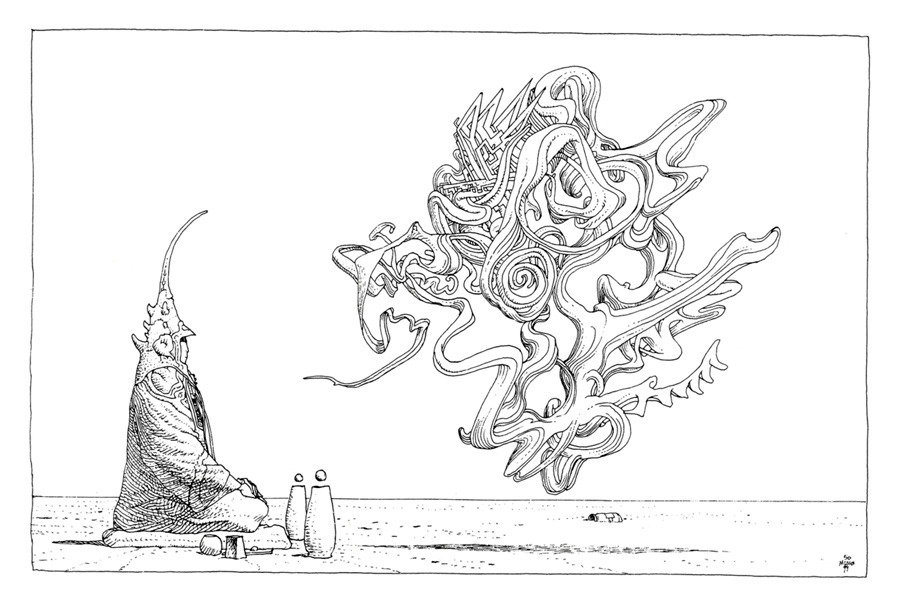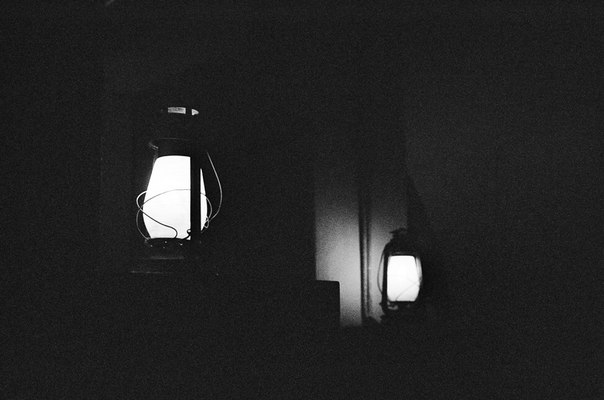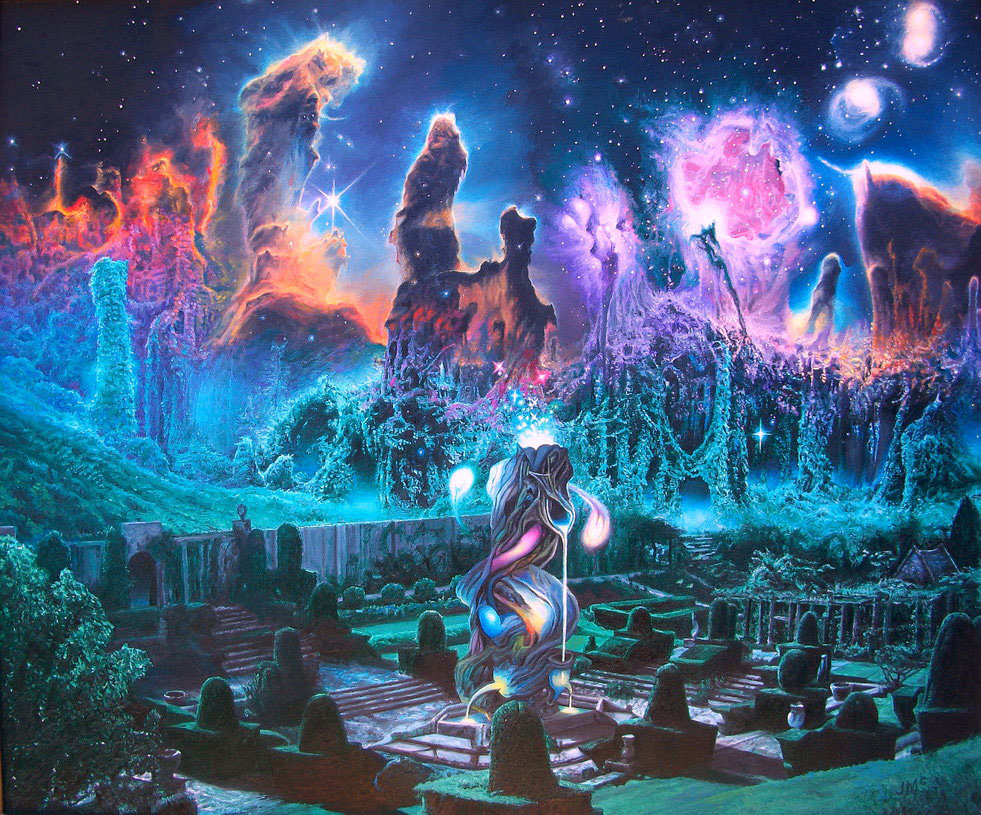A social reality exists. It is smothering the planet with commodities and control, imposing a pathetic and miserable existence of enslavement to authority and the market everywhere. Starting from a refusal of this imposed existence, a decision to rise up against it, we are faced with the necessity of creating our lives as our own, of projecting them. We are posing ourselves a most difficult task: the transformation of ourselves, of our relationships and of existence itself. These transformations are not separate; they constitute a single task — a life projectuality that aims toward the destruction of the social order — that is to say an insurrectional anarchist projectuality.

At present, so many of us are so careful, so apologetic, ready to distance ourselves from even our most radical and defiant acts. This indicates that we have not yet understood what it means to live our lives projectually. Our actions are still tentative, not full of ourselves, but stepped into lightly with a readiness to withdraw at the least sign risk or danger. Contrarily, the development of an anarchist projectuality requires that one immerse oneself into what one does without holding back, without hedging one’s bets. Not that this immersion is ever a finished project. It is a thing in motion, a tension that must be perpetually lived, perpetually grappled with. But it has been proven over and over and over again that hedging one’s bets as surely brings defeat as surrender. Having taken this responsibility for our lives, there is no room for half measures. The point is to live without measure. Longer chains are chains nonetheless.
against the logic of Submission

One reads in Nietzsche of amor fati. The very opposite of the fatal resignation demanded by the logic of submission, amor fati is that love of fate as a worthy adversary that moves one to courageous action. It springs from the willful self-confidence that develops in those who put all of their substance into what they do, say or feel. Here regrets melt away as one learns to act as one wills; mistakes, failures and defeats are not devastations, but situations from which to learn and move on in the perpetual tension toward the destruction of all limits.
In society’s eyes, any refusal of its order is a crime, but this immersion into life moves insurgence beyond the level of crime. At this point, the insurgent has ceased to merely react to the codes, rules and laws of society and has come to determine her actions on his own terms without regard for the social order. Beyond tolerance and everyday politeness, finished with tact and diplomacy, She is not given to speaking abstractly about anything that relates to his life and interactions, but rather gives weight to every word. This comes from a refusal to skim the surface of things, a desire rather to immerse oneself into the projects and relations one has chooses to create or involve oneself in, to draw them fully into oneself, because these are the things with which one creates one’s life.
Wolfi Landstreicher

Like revolution, love, friendship and the wide variety of other possible relationships are not events one waits for, things that merely happen. When one recognizes herself as having agency, as being an individual capable of acting and creating, these cease to be wishes, ghostly longings aching in the depth of one’s gut; they become possibilities toward which one moves consciously, projectually, with one’s will. That burning energy that goads one to revolt is desire — desire that has broken free from the channel that reduced it to mere longing. This same desire that moves one to create her life as a projectuality toward insurrection, anarchy, freedom and joy also provokes the realization that such a projectuality is best built on shared projects. Liberated desire is an expansive energy — an opening of possibilities — and wants to share projects and actions, joys and pleasures, love and revolt. An insurrection of one may indeed be possible. I would even argue that it is the necessary first step toward a shared insurrectional project. But an insurrection of two, three, many increases courage and enjoyment and opens a myriad of passional possibilities.

Obviously, the various modes of relating that this society puts into place for us to fall into cannot fulfill this desire. Tepid “love” partnerships, “friendships” based on the camaraderie of mutual humiliation and disrespectful tolerance and the daily encounters of no substance that maintain the banality of survival — these are all based on the logic of submission, on merely accepting the mediocrity this reality we must destroy offers. They have nothing to do with projectual desire for the other.
The relations that the decision to live projectually as a revolutionary and an anarchist moves one to seek are relations of affinity, of passion, of intensity, varieties of living relations that help one to build life as desire moves her. They are relations with clearly defined others who have affinity with one’s way of living and being. Such relations must be created in a fluid and vital way as dynamic, changeable and expansive as affinity and passion themselves are. Such an expansive opening of possibilities has no place within the logic of submission, and that in itself makes it a worthy project for anarchists to pursue.

— 0 —